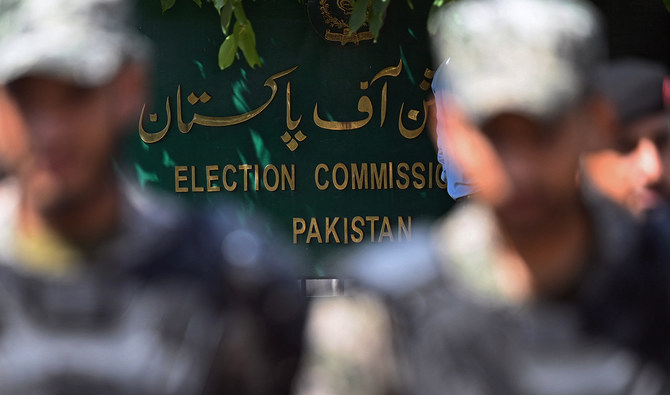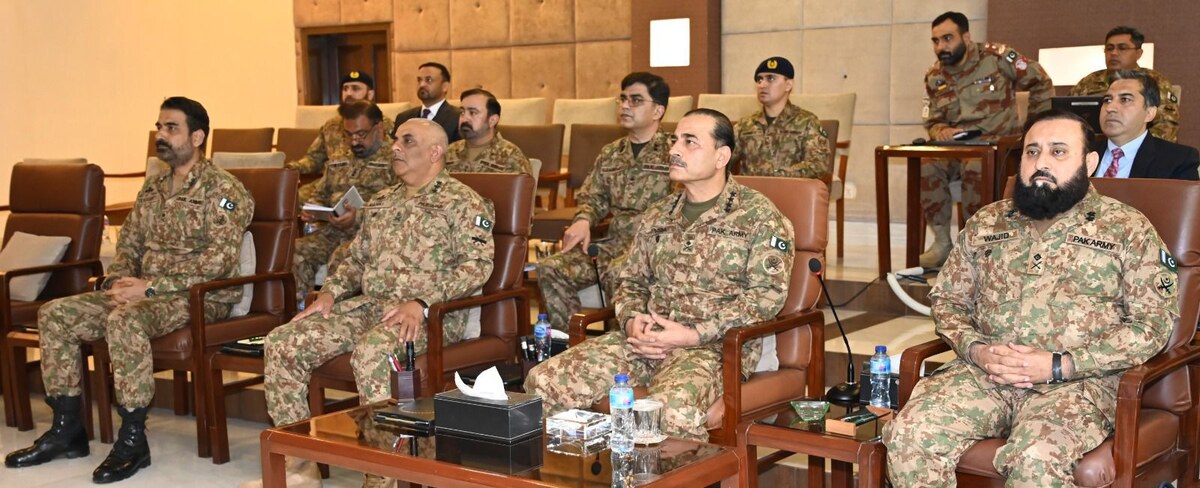ISLAMABAD: Chief Justice of Pakistan (CJP) Qazi Faez Isa on Thursday directed the Election Commission (ECP) to confer with President Arif Alvi to fix a date for polls after the lawyer for the regulator informed the Supreme Court general elections in the country would be held on February 11, 2024, Pakistani media widely reported.
Sajeel Swati’s revelation before the top court came as it heard a set of petitions calling for fixing the date of the next election within the 90-day constitutional deadline ending in early November.
Elections in the politically and economically troubled South Asian nation had to be held in November but were delayed due to fresh demarcation of constituencies under a new census. In September, the ECP said it needed until at least January to hold polls.
“Elections in the country will be held in the country [after] completion of delimitation on November 30,” ECP’s lawyer Swati told a three-member bench in remarks widely reported by local media.
All arrangements, including the delimitation of constituencies, would be completed on January 29.
“Elections should be held on Sunday, February 11,” the lawyer informed the court.
Justice Isa instructed the ECP to appear before the court tomorrow, Friday, after consulting on the date with Alvi, as is mandated by the constitution.
“The final date for elections will be announced from the SC,” Justice Isa said, adding that pleas for any extension in the date would not be entertained.
Recently amendments to Sections 57 and 58 of the Election Act 2017 allow the Election Commission to bypass the president and unilaterally announce election dates. However, independent legal analysts say the power of the president to set a date for elections under Article 48(5) is an independent power under the constitution and not subservient to any other provision of the Constitution.
Pakistan is currently being run by a caretaker government under interim Prime Minister Anwaar-ul-Haq Kakar that is meant to oversee a general election.
Despite the delay, the announcement of polls will likely ease political uncertainty as the country struggles to stay on a narrow stabilization path under a $3 billion bailout plan by the International Monetary Fund (IMF).
Analysts and political parties have been demanding that elections be held as soon as possible to boost confidence in the ailing $350 billion economy, which is currently suffering from high inflation, low growth and a weak currency.























